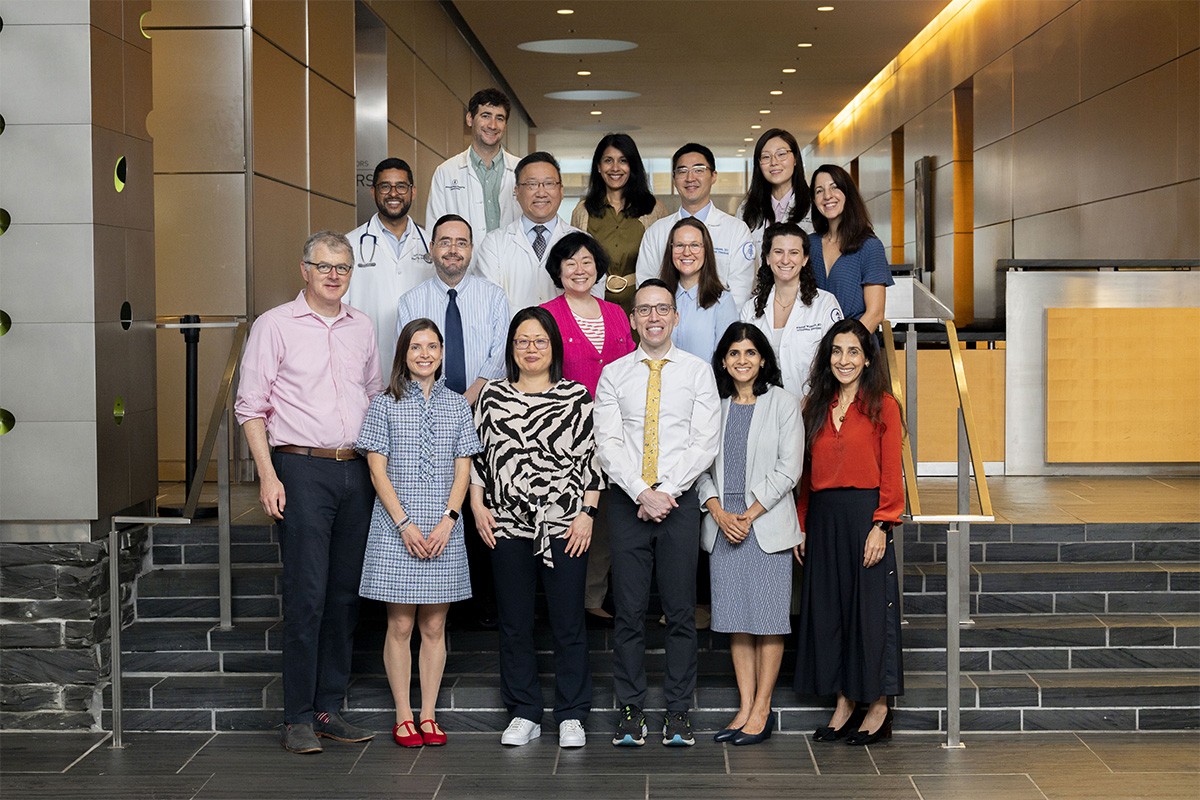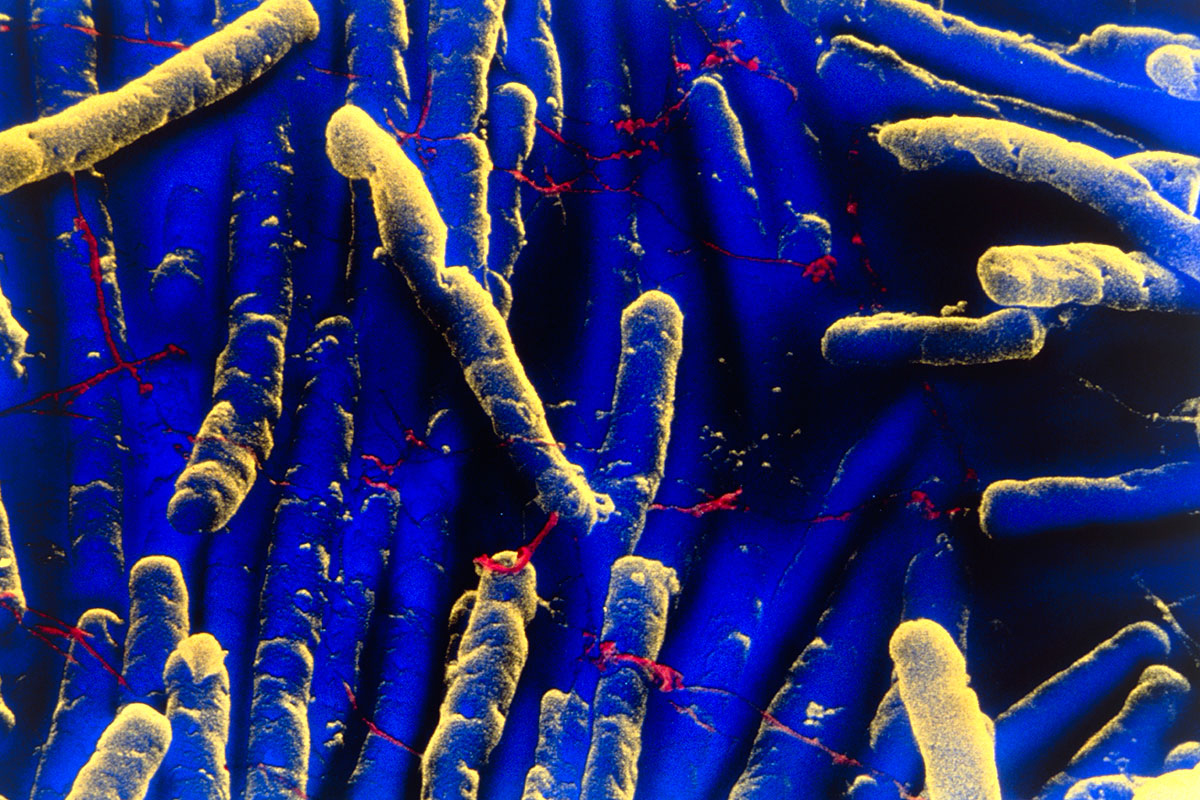
The Infectious Diseases and Allergy Service is dedicated to the prevention, diagnosis, and management of infectious and allergic complications that can arise during cancer treatment. Because cancer therapies increasingly include complex molecular, immune-modulating, and chemotherapeutic agents, the landscape of infections and allergic reactions is evolving rapidly—demanding specialized expertise to ensure patient safety and optimal outcomes.
Our Infectious Diseases team focuses on reducing infectious complications in cancer patients, who often have weakened immune systems. We conduct cutting-edge clinical and laboratory research aimed at understanding and preventing infections, including those caused by antibiotic-resistant pathogens. Our work extends to exploring the role of the microbiome in infection prevention and treatment response. Collaborations across bone marrow transplant, leukemia, and melanoma programs at MSK underscore the critical impact of infectious disease management in cancer treatment.

Our Allergy team provides expert evaluation and management of allergic reactions to medications commonly used in oncology, such as chemotherapy, immunotherapy, and antibiotics. Through individualized assessments—including allergy testing, desensitization protocols, and diagnostic lab work—we work closely with oncologists to ensure patients can safely receive necessary therapies. Our allergy team also contributes to national research and guideline development to advance drug allergy management specifically tailored for cancer patients.
Together, the Infectious Diseases and Allergy teams at MSK provide comprehensive, patient-centered care that addresses the unique challenges faced by cancer patients, helping to minimize complications and support effective treatment journeys.



